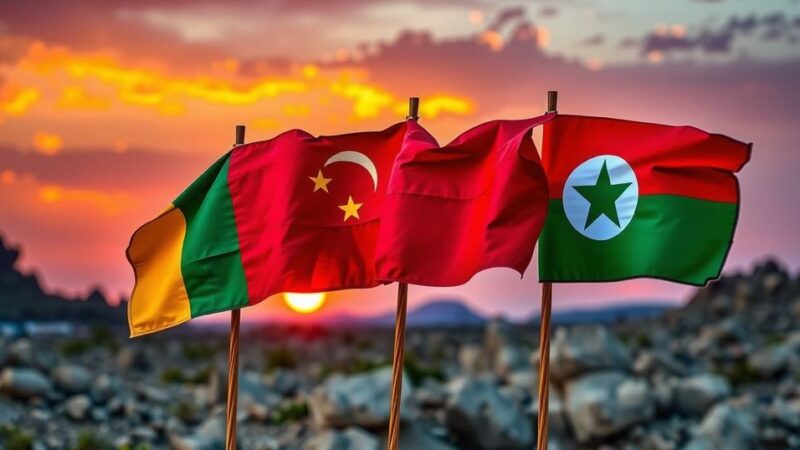A Kenyan court has allowed a lawsuit against Meta, alleging its role in inciting ethnic violence during the Tigray conflict in Ethiopia through hate speech and violent content on Facebook. Plaintiffs are seeking $2.4 billion in restitution and algorithm reforms. Meta denies the allegations and claims local courts lack jurisdiction. The decision reflects a growing demand for accountability in tech companies’ content management.
The Kenyan High Court has permitted a landmark lawsuit against Meta, the parent company of Facebook, regarding its alleged role in inciting ethnic violence during the Tigray conflict in Ethiopia. This ruling enables the case, which addresses claims of hate speech and the promotion of violent content on the platform, to move forward, signifying a crucial step in holding technology giants accountable for their content management practices.
The plaintiffs, comprising two Ethiopian nationals and the Katiba Institute, contend that Facebook’s algorithms facilitated the amplification of harmful content responsible for violence between 2020 and 2022. Abrham Meareg, one of the claimants, lost his father, professor Meareg Amare, who was murdered following the dissemination of his address alongside violent threats on Facebook. The other claimant, Fisseha Tekle, received online hate due to his reporting on the conflict, and both are seeking a restitution fund of $2.4 billion for victims and reforms to Facebook’s algorithm to curb hate speech proliferation.
Meta has refuted the accusations, stating its commitment to safety measures and content moderation, especially in conflict zones. The company has also asserted that local courts lack jurisdiction to adjudicate cases against it when it is not officially registered. Nevertheless, the ruling denotes a growing movement advocating for enhanced accountability of tech firms and emphasizes the ethical obligations social media platforms have in mitigating harmful content on a global scale.
Mandi Mudarikwa from Amnesty International highlighted that this ruling inspires hope for marginalized communities in pursuing justice regardless of geographic location. She emphasized the necessity of challenging the notion that regions outside the U.S. and Europe should be viewed solely as market opportunities devoid of accountability.
The Kenyan High Court’s decision to allow the lawsuit against Meta for its role in exacerbating violence during Ethiopia’s Tigray conflict marks a pivotal moment in the accountability of technology companies. As plaintiffs seek both restitution and regulatory reform, this case underscores the pressing necessity for social media platforms to adhere to ethical responsibilities in content moderation. Moreover, it signals a shift in the perception of jurisdiction and accountability for multinational corporations in conflict-affected regions.
Original Source: northafricapost.com






